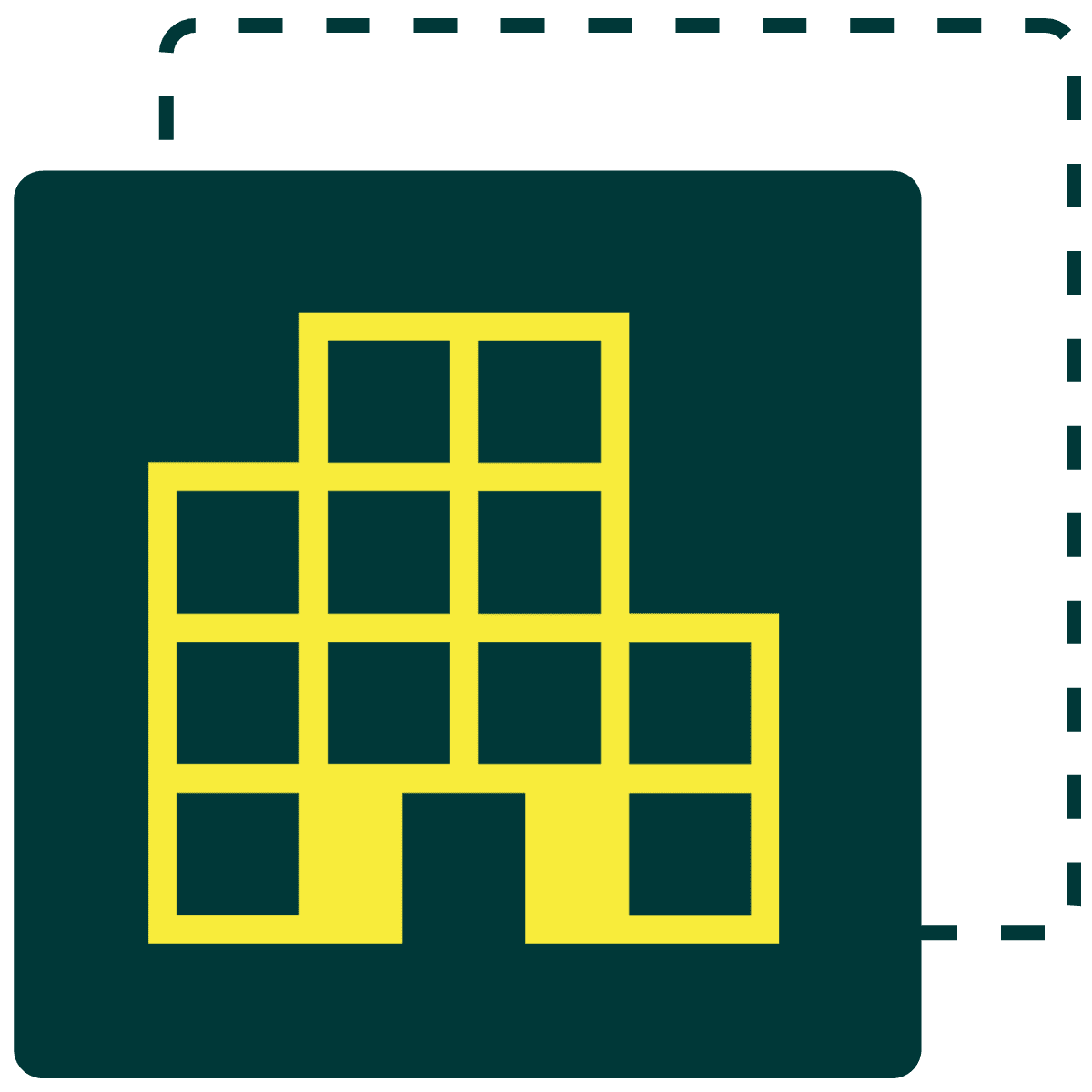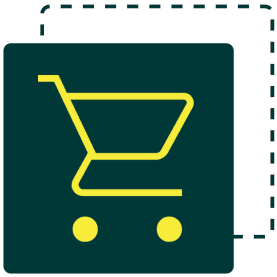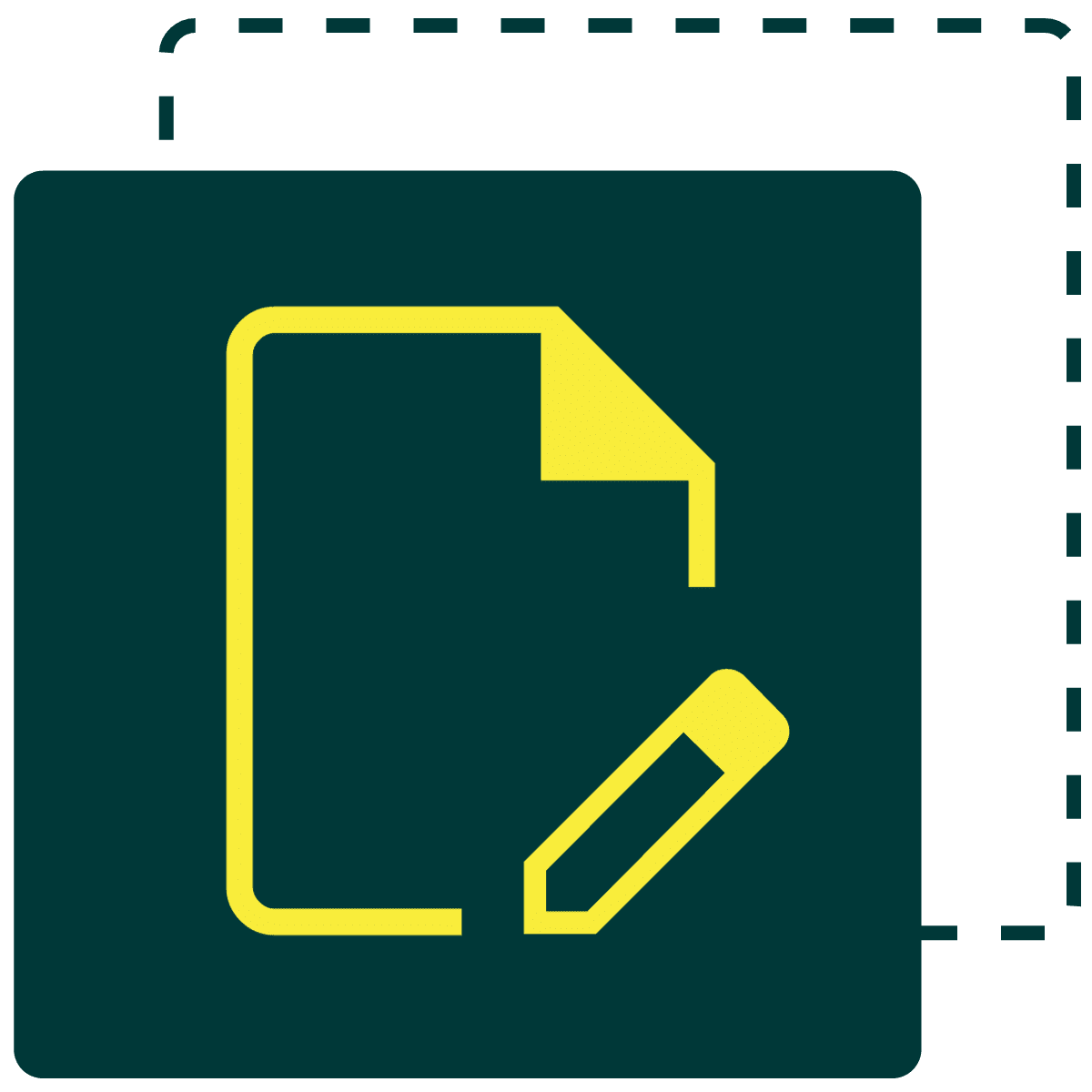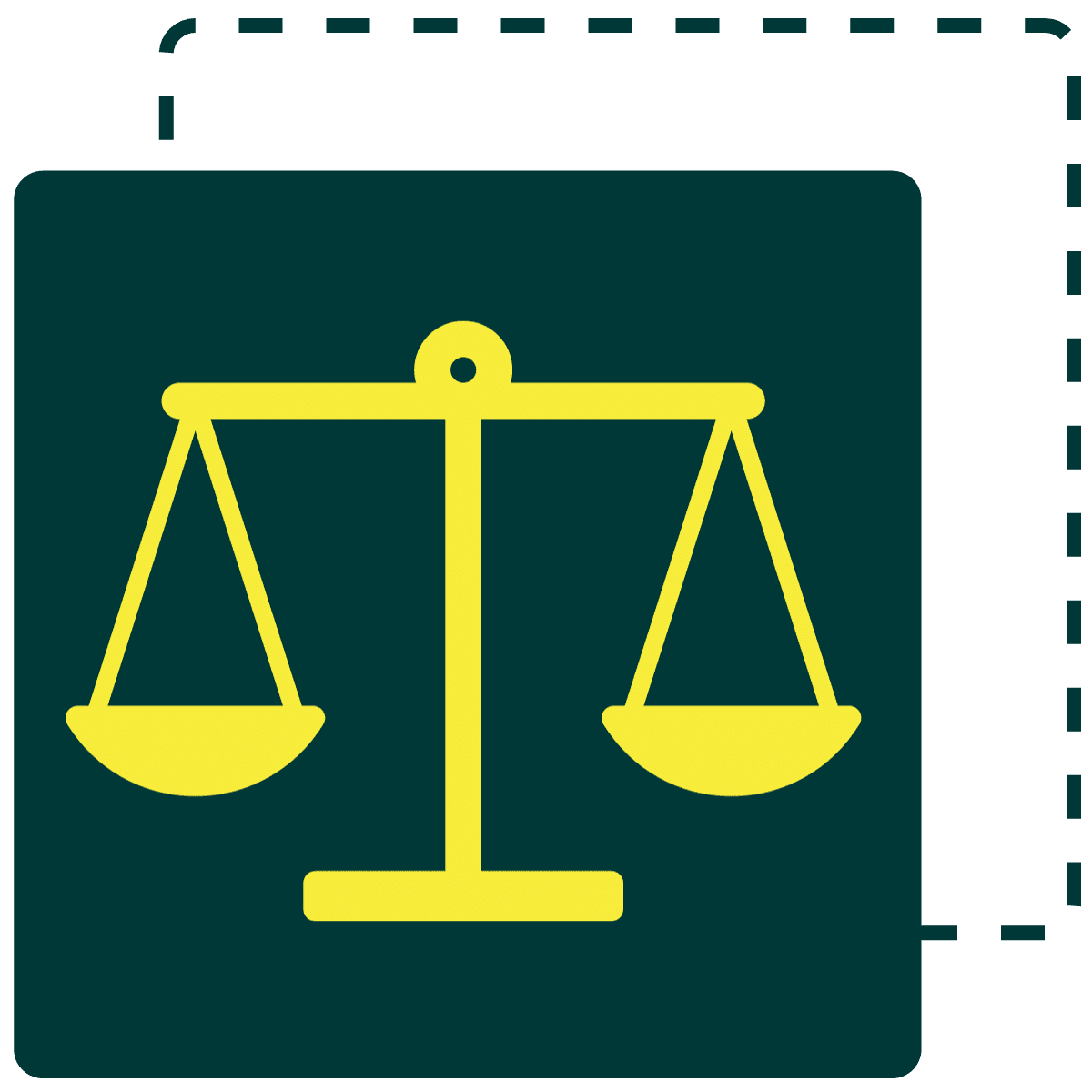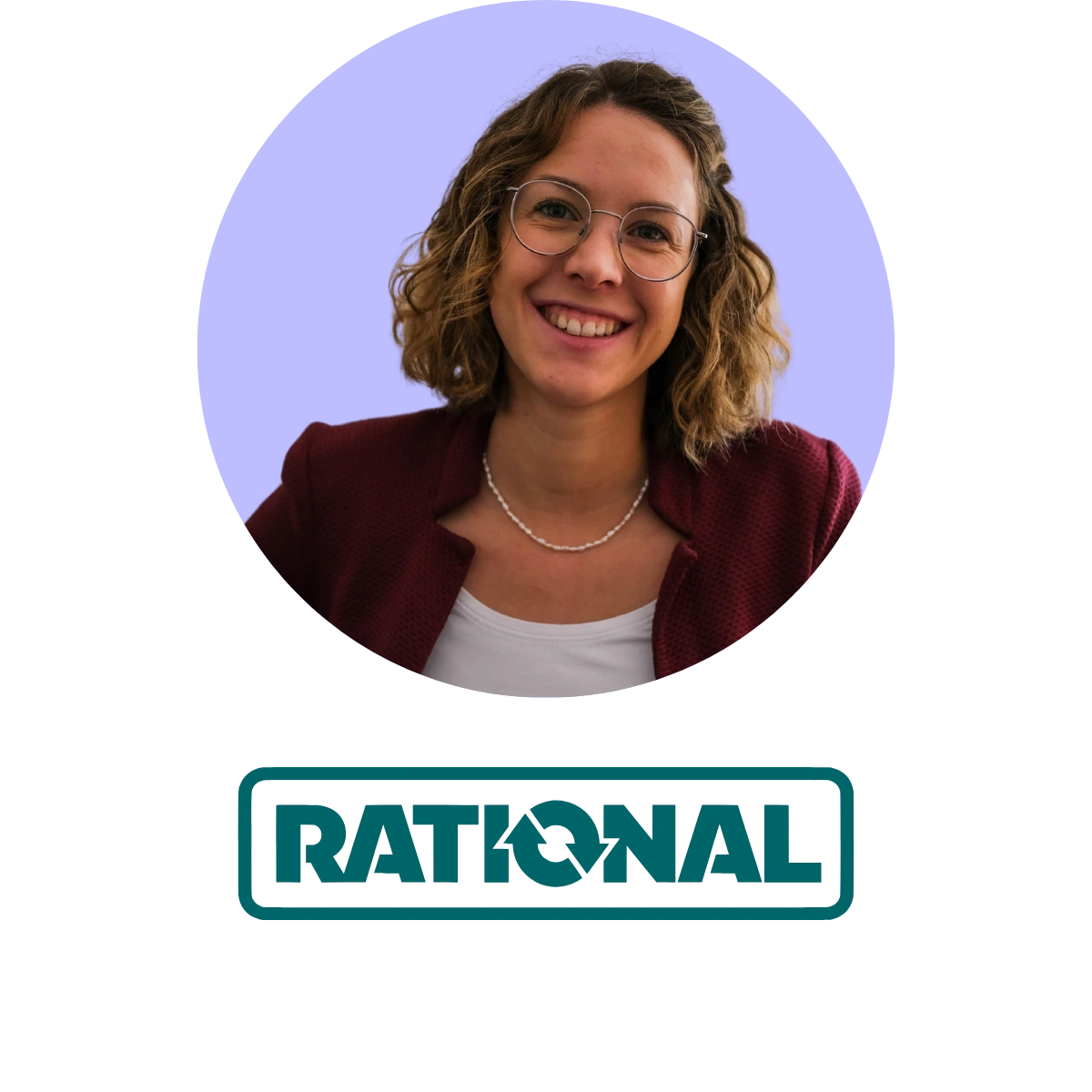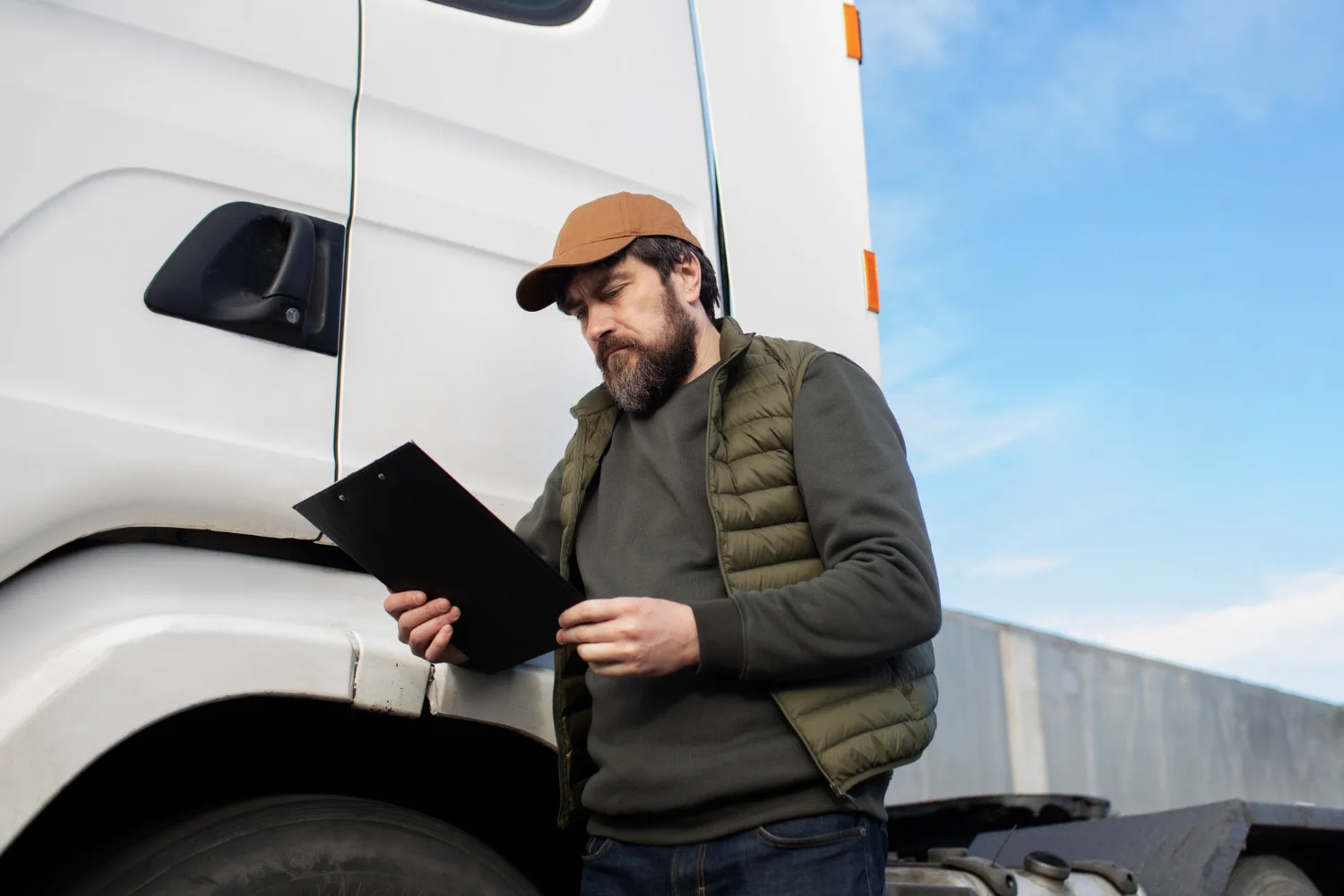How VERSO supports you in CBAM implementation
The Carbon Border Adjustment Mechanism (CBAM) brings new reporting and offsetting obligations. What procurement needs to know about CBAM


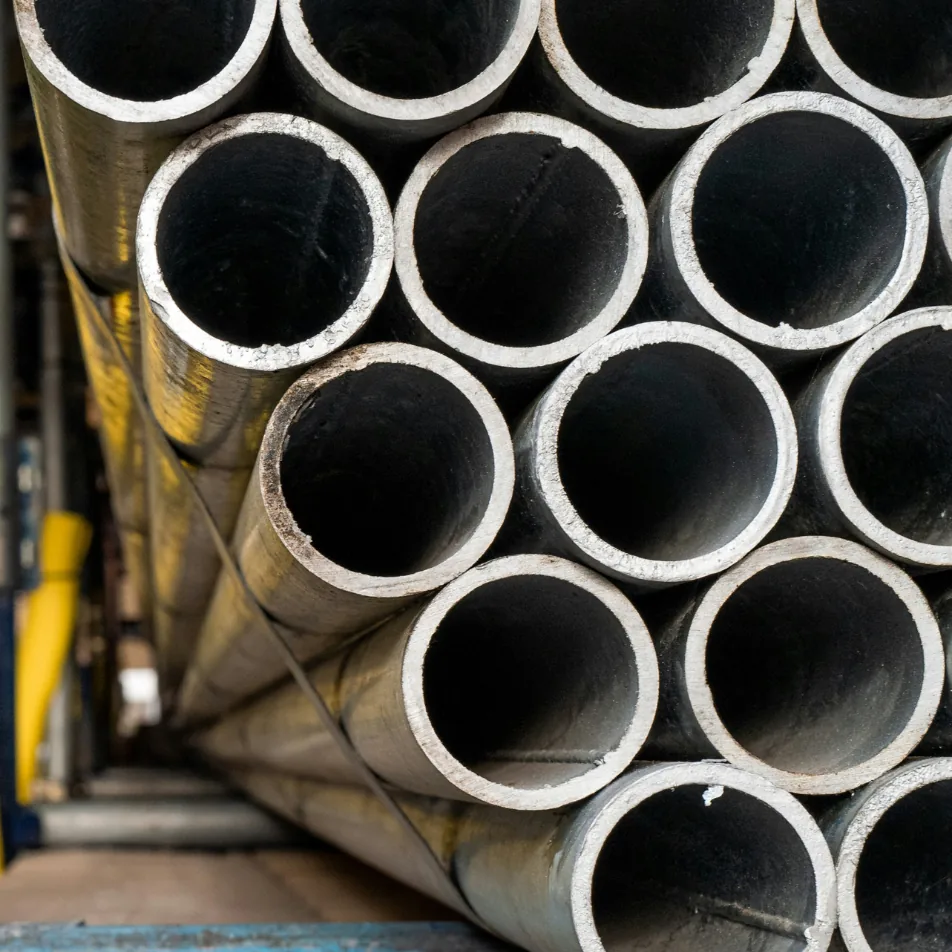

What is the purpose of the CBAM?
As a carbon tax, the new CO2 border adjustment system aims to prevent the relocation of production and thus emissions of CO2-intensive goods to non-EU countries (carbon leakage).
Following the introduction of the European Emissions Trading System (EU ETS), many companies wanted to avoid expensive CO2 prices in this way – which meant a competitive disadvantage for companies producing in the EU.
The CBAM will be introduced in two phases: The two-stage reporting obligation has been in place since 2023. In 2026, certificate trading will be added, which will require companies to offset the carbon footprint of their imported goods.
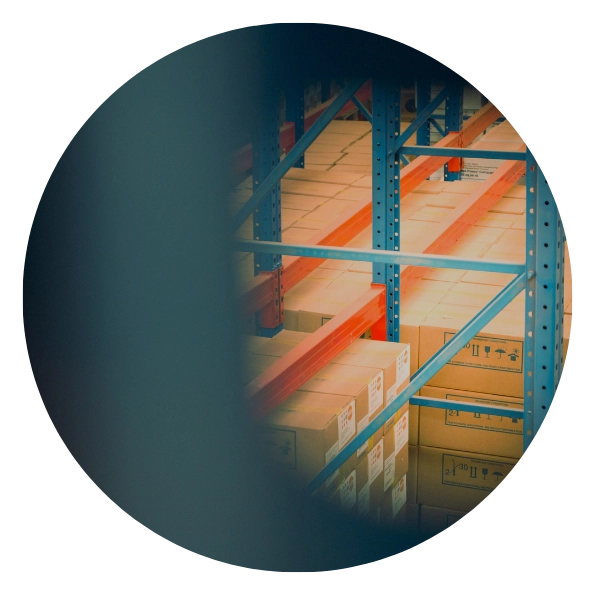
Implementing CBAM requirements with VERSO
The CBAM will brins many new obligations – and a lot of bureaucracy. Simplify your CBAM reporting with VERSO! Our Supply Chain Hub helps you record the data required for your quarterly report and other emissions data in accordance with the GHG Protocol, ESRS or SBTi with just a few clicks.
- Increase transparency about suppliers affected by CBAM
- Request CBAM data from suppliers in the blink of an eye
- Export data for reporting in the CBAM portal
- Simple, standardized upload function for suppliers – available in 5+ languages
- Capacity building for calculating emissions for suppliers

